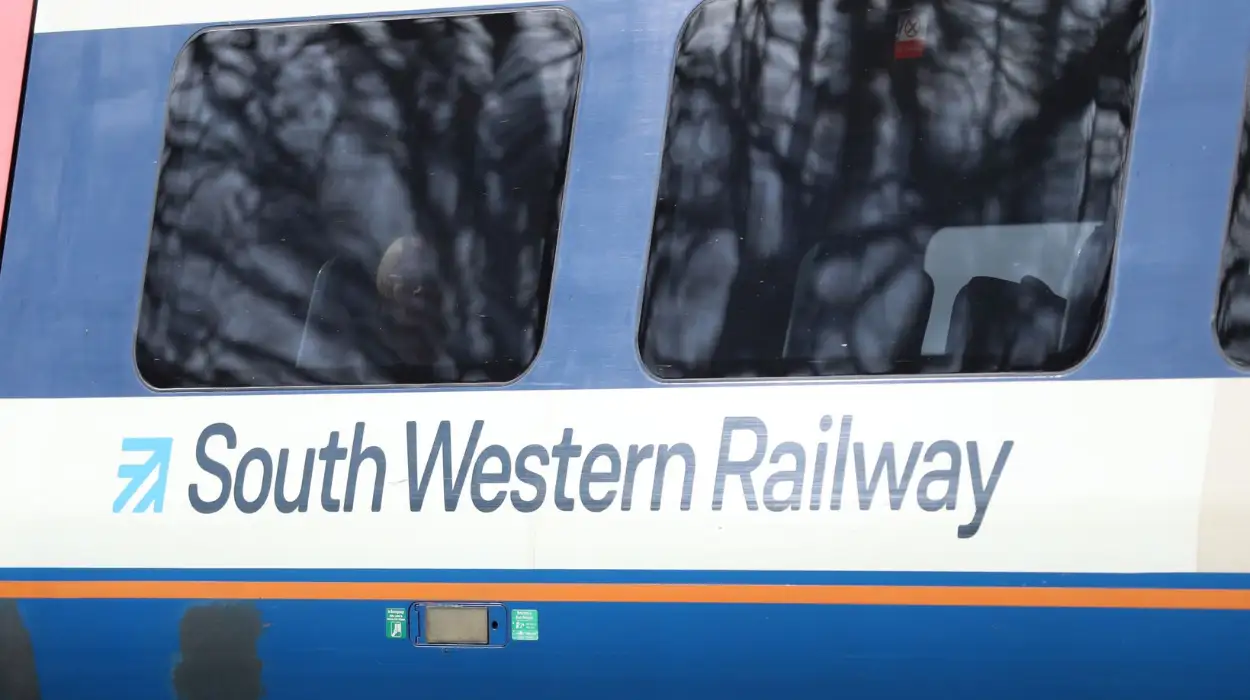London (Parliament Politics Magazine) – Labour has announced that three key London commuter rail companies will be brought back to public ownership next year, following the passage of the Passenger Railway Services (Public Ownership) Act.
Three key London commuter rail companies, including South Western Railway, C2C, and Greater Anglia, will be renationalised in 2025 after Labour passed the legislation, marking a key shift in the party’s push for public control of the railways.
The Department of Transport has confirmed that the rationalisation process will start next year.
South Western Railway will be renationalised in May 2025, C2C in July 2025, and Greater Anglia in autumn 2025.
As reported by the BBC, the government argued that the shift to publicly owned railways will enhance reliability and play a major role in driving economic growth by increasing the number of passengers.
Some have criticised the proposals, arguing that without investment in the railways, public ownership will not lead to meaningful improvements.
Last week, the Passenger Railway Services (Public Ownership) Act 2024 was passed, allowing the government to act on its manifesto promise to return rail contracts to public ownership within five years.
The government proposal includes developing Great British Railways (GBR), a new arms-length body, which will manage service contracts from private firms as they expire in the coming years.
GBR plans to assume responsibility for maintaining and upgrading rail infrastructure, a role currently under Network Rail.
According to the transport department, renationalisation will enhance reliability, increase economic growth and reduce yearly fees by £150 million.
The Transport Secretary, Heidi Alexander stated, “A complex system of private train operators has too often failed its users.”
Rail Partners, representing private train companies, criticized Labour for ‘parking the big decisions’ on railway reforms.
The CEO of Rail Partners, Andy Bagnall said, “Simply changing who runs the trains won’t deliver more reliable and affordable services for passengers, reduce subsidy for taxpayers, or grow rail freight.”
The previous Conservative government renewed Avanti West Coast’s three-year contract last year, allowing it to operate on long-distance routes on the West Coast Main Line from Euston to major cities like Birmingham, Liverpool, Manchester, and Glasgow, despite criticism over its performance.
The latest data reveals that just 41.2% of Avanti West Coast trains arrived on time between April and June, marking the worst performance among UK rail operators.
The Standard reports that Ms Alexander criticized the previous government for its “scorched earth” approach to dealing with unions.
Ms Alexander admitted the rail industry is in a “very challenging” financial position, and said the government’s subsidy of nearly half the £25 billion annual operating costs means nationalisation is unlikely to reduce fares.
With 4.6% rail fares confirmed for next year, the Transport minister wanted against creating a “death spiral” by reducing services in an attempt to control fares.
Greater Anglia reported last month that it has been the UK’s most punctual rail operator for the past 18 months, with at least 95% of trains on seven of its lines arriving on schedule.
Ms Alexander stated, “For too long, the British public have had to put up with rail services which simply don’t work. A complex system of private train operators has too often failed its users.”
She added, “Starting with journeys on South Western Railway, we’re switching tracks by bringing services back under public control to create a reliable rail network that puts customers first.”
Passengers will continue to buy tickets as usual, while employees of the rail companies set for nationalisation will be transferred under current employment laws.
DfT Operator Limited, previously known as DfT Operator of Last Resort Holdings Limited (DOHL), will manage the nationalised firms until its operations are merged into Great British Railways.
Stuart Meek, South Western Railway’s interim managing director, told The Standard last week, “We are committed to working with the Government, and what we are really excited about is the Government’s plan for rail travel to be top of the agenda again.”
He added, “We are really keen to make the offer more compelling than ever, to get people out of their cars and on to trains. We are really excited about this new era for the railways.”
Rail, Maritime and Transport Union General Secretary, Mick Lynch stated the move represents a significant step forward for passengers, rail workers,
Gareth Bacon, the Conservative shadow transport secretary said, “Labour have voted against our plan to strengthen the rights of passengers and commuters.”
Transport Salaried Staffs’ Association general secretary Maryam Eslamdoust stated, “This is an historic moment for the rail industry, marking the beginning of the end for the Tories’ failed privatisation experiment.”
She added, “We look forward to working with them to deliver the 21st-century railway that Britain’s workers deserve.”


